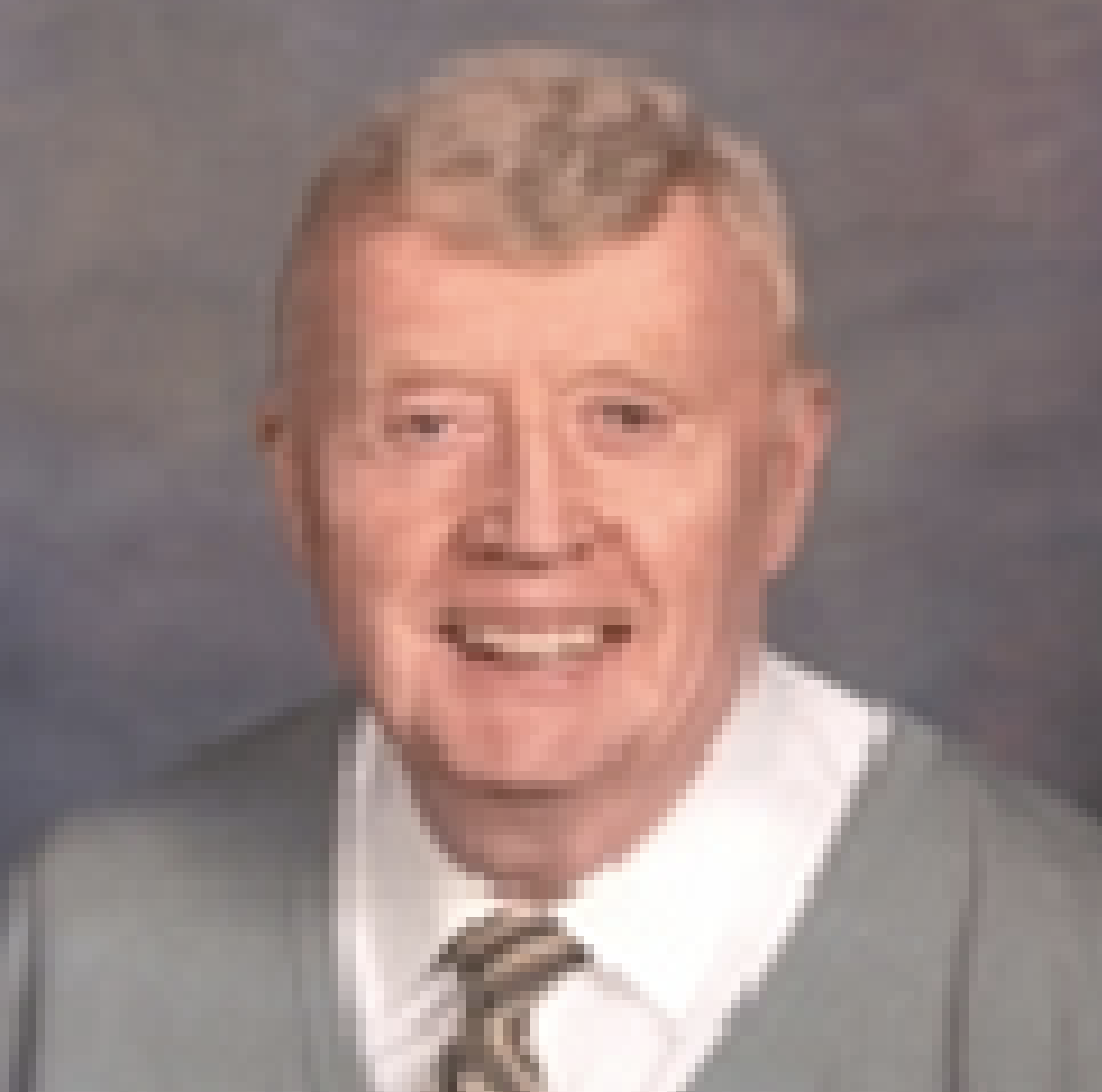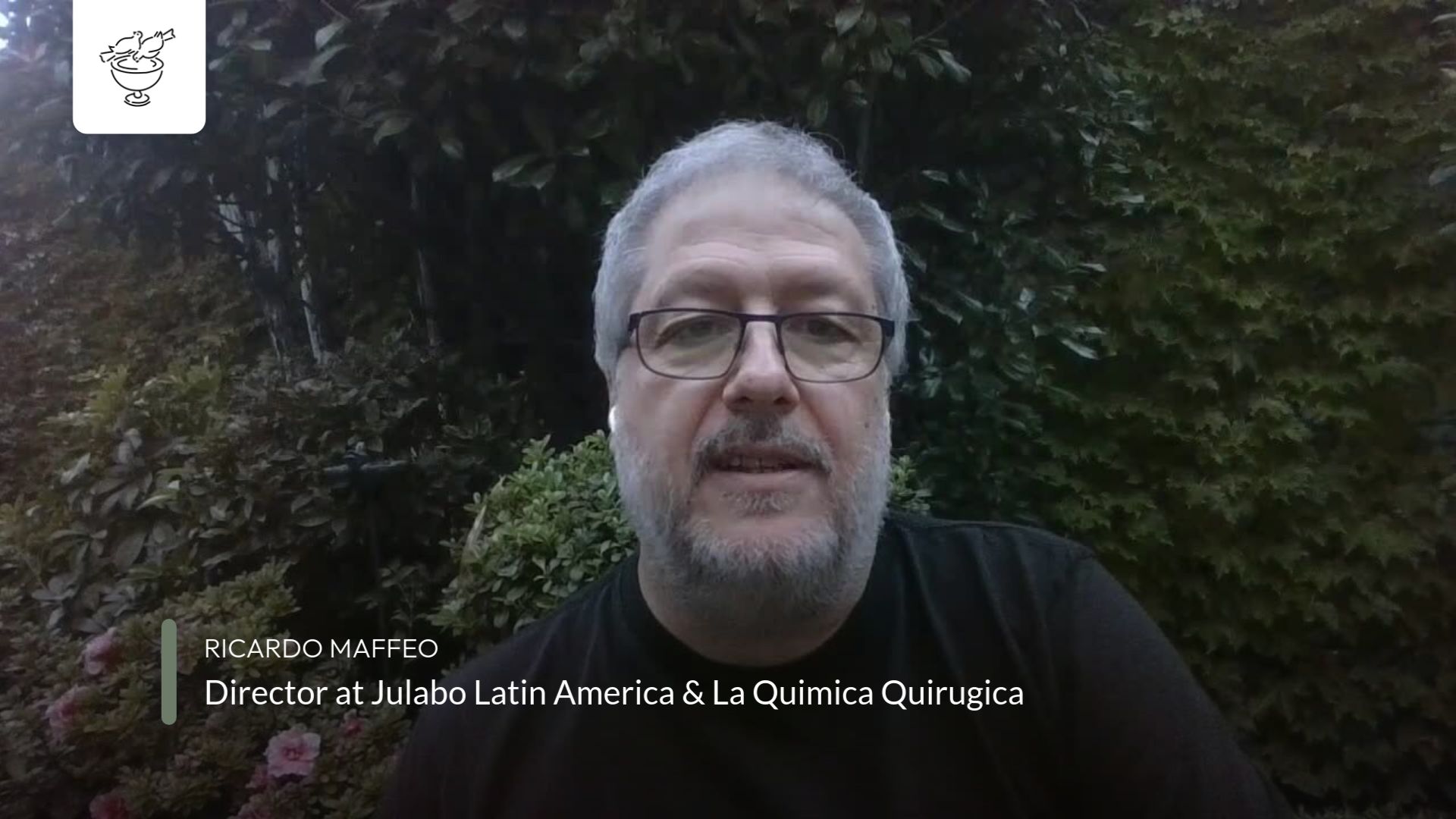Twenty two years ago (1989), on a park bench in London, I mentioned to Laurence Freeman that I was thinking of starting my first meditation group in Ottawa, Canada.
He surprised me with a question: “Who do you think is going to profit most from starting your new group?”
With great crass and unabashed naiveness I responded: “Well I suppose it will be the people who join the group”. “ No”, he replied, raising his voice, “You will be the one to benefit most from starting the group”.
I felt at the time this was a rather facetious remark. Now many years later, having started many new groups, and being involved in the sharing and writing about Christian Meditation, I realize this was a very prophetic statement. A statement not only about myself but about the potential of all meditation group leaders.
The person who takes that extra first step of leadership in starting a group actually makes a commitment without knowing how things are going to turn out. This in fact is the first step in the “letting go” process of our meditative journey. Of course at first a new leader is filled with apprehension. Will anyone come to the group? Will I have the strength, the energy, and the perseverance to lead the group? Can I answer questions raised in the group?
But once started it is as simple as the weekly listening of a talk by John Main, and more importantly the meditation itself (the practice), that answers all the fears of the leader. In addition it is the practice itself which provides the spiritual growth and maturing of the leader as well as the group.
The leader soon learns that she/he are facilitators and not teachers. They also learn what John Main meant when he said: “Meditation creates community”. With no special effort one-on-one relationships develop between individuals in the group. There is a great recognition that this is a support group. The caring and bonding of members one for another, and the quality of love in the group, is the decisive element in fostering a deeper and deeper commitment to the teaching and the daily practice.





